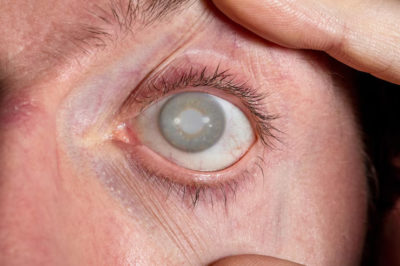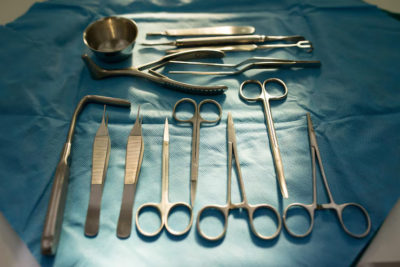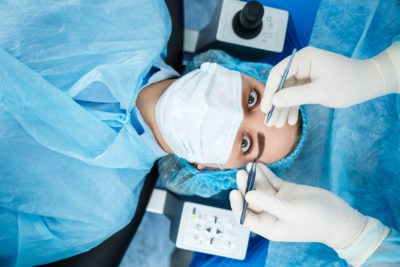People who are above the age of 50 are more likely to hear from their doctor that they have developed an eye condition called a cataract. Under this eye condition, the lens inside the eyes gets clouded, and the patient experiences haziness of vision that cannot be corrected with eyeglasses, contact lens, or LASIK surgery.
Who is an ideal candidate for cataract surgery?
Having a cataract doesn’t always mean you will need surgery to restore your vision. Many individuals who have been diagnosed with cataract see objects clearly by using a prescribed eyeglass or magnifying lens.
If you delayed your doctor’s appointment, the cataract increases with time. You may start experiencing other vision problems like glare, light sensitivity, dullness of colours, halo around lights, haziness, shadow around objects while looking at distant or near objects. You may also experience difficulty in reading, writing, or working in front of the computer.
At this stage, if you still ignore the symptoms, cataracts may get worse, and you will develop an advanced form of cataract. The ensuing poor vision will also make it difficult for you to do your normal day to day activities like driving at night or working on your laptop or mobile screens.
At this point, cataract surgery is the only option to get your vision corrected. Our cataract surgeon at the hospital will examine and evaluate the health of your eye through a detailed eye check-up. Cataract eye specialist will suggest the operation only if the cataract has become advanced and delaying the surgery may have an adverse effect on your eyes or the quality of your life.
How should I prepare for cataract surgery?
When you visit our eye hospital, our doctor will run a few tests to measure your eye’s shape and size. These tests help the eye specialist to choose the best artificial lens for the surgery. A few tips will be shared by our expert to prepare you for the cataract surgery. The doctor may also ask you to avoid eating or drinking anything for at least 3-4 hours before the surgery.
What to expect during the cataract surgery?
For a painless experience, your doctor will apply a numbing eye drops to your eyes. But you will be awake throughout the procedure. The numbing agent is used only to help you relax. Once you are ready for the surgery, the cataract surgeon will make a tiny cut on the side of your cornea (front transparent part of your eye). A laser can also be used to perform this step.
A small tool is passed through this incision to emulsify the cataract and gently suction it out. The next step involves placing the selected the foldable lens (made of plastic, silicone, or acrylic) inside the eye. i
You will be given some instructions and discharged after the cataract surgery. Please make sure when you arrive at the hospital, you are accompanied by someone who can safely drive you home.
Are there any risks of Cataract surgery?
Like any other surgery, cataract surgery may be associated with a few risks and side-effects. Therefore, it is very important to choose the best eye surgeon for your cataract surgery. Some of the rare but possible risks associated with cataract surgery include:
- Swelling
- Eye infection
- Bleeding
- Retinal detachment
- Drooping eyelid
- Intense pressure on the eye which may last for 12-24 hours post-surgery
To learn more about eye conditions, eye treatments, and eye-related concerns, feel free to ask our well-accomplished eye specialists. For more details, you can visit our website or schedule an appointment at Dr. Agarwals Eye Hospital.









